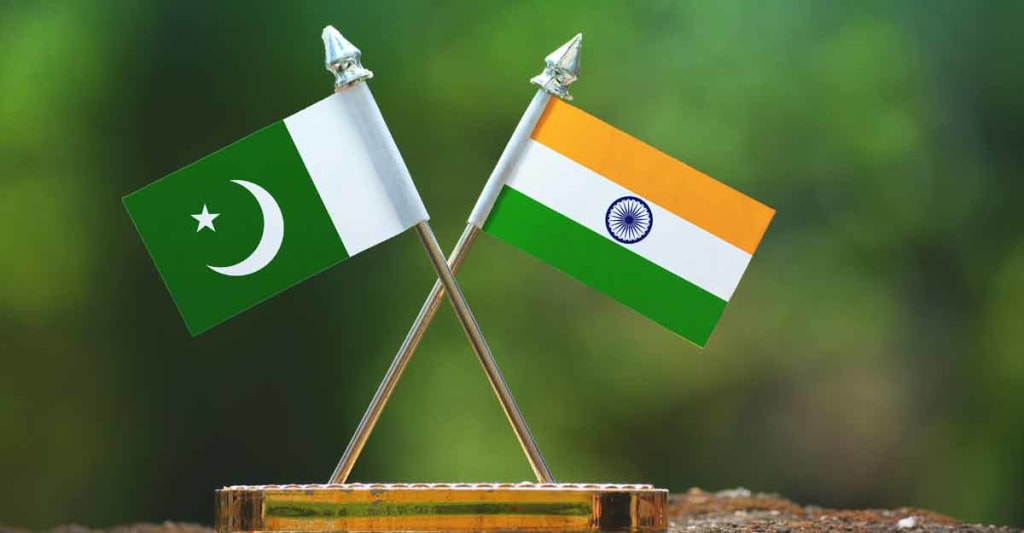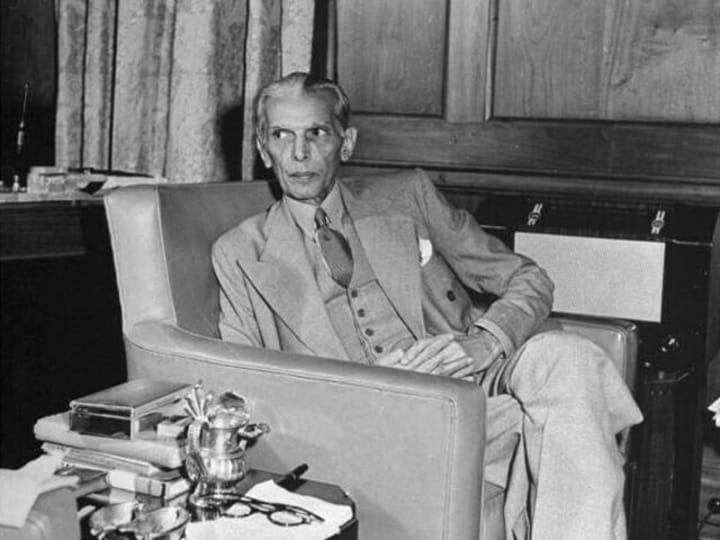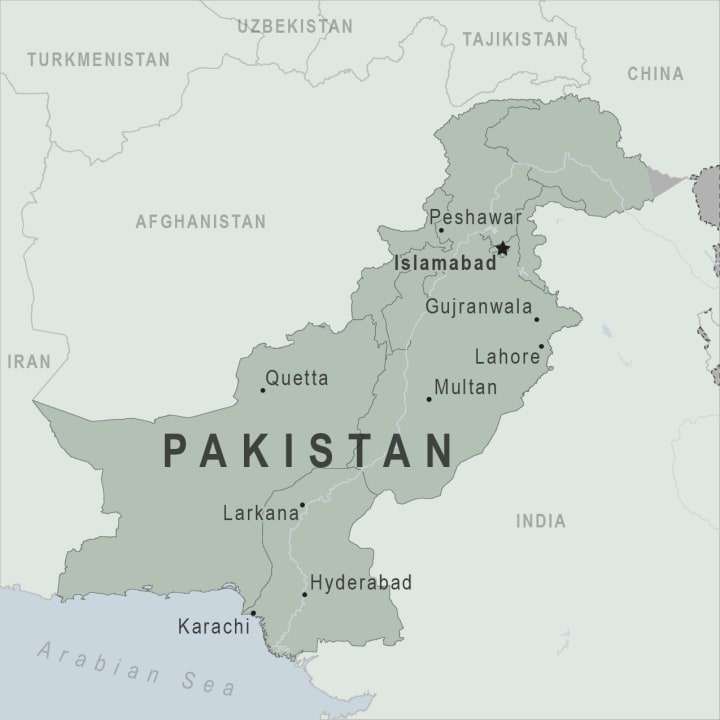The Foundation of Pakistan: A Complex and Multifaceted Historical Event
Tracing the Roots of the Demand for a Separate Muslim State and the Challenges Faced in Establishing Pakistan as a Nation-State

The foundation of Pakistan is a complex and multifaceted historical event that has its roots in the political, social, and cultural struggles of the Indian subcontinent during the early 20th century. It was a momentous event that would shape the history of the region for decades to come, and its legacy continues to be felt in the politics and society of both India and Pakistan.
The origins of the movement for a separate Muslim homeland can be traced back to the late 19th century, when Muslim leaders began calling for greater autonomy and representation in the Indian National Congress. They felt that their interests were being ignored in a political climate that was largely dominated by Hindu leaders, and they sought greater recognition of their religious and cultural identity.
The idea of a separate Muslim state gained traction in the early 20th century, and by the 1940s, it had become a major political movement. In 1940, the All India Muslim League, led by Muhammad Ali Jinnah, passed the Lahore Resolution, which called for the creation of an independent Muslim state in the northern and northwestern regions of British India.

The demand for a separate Muslim state was rooted in a number of factors. One was the fear that Muslims would be marginalized in a democratic India, where Hindus would constitute a majority. Muslims feared that their religious and cultural identity would be subsumed under a Hindu-dominated government, and they felt that the only way to protect their interests was through the creation of a separate state.
Another factor was the economic and social disparity between Muslims and Hindus. Muslims were largely concentrated in the poorer regions of India, and they felt that they were being exploited by the wealthier Hindu elite. They believed that the creation of a separate state would give them greater economic and social opportunities, and that they would be able to chart their own course to development.
The demand for a separate Muslim state gained momentum during World War II, when the British Indian government was weakened by the war effort and by civil unrest in the country. The Muslim League began a campaign of civil disobedience, and the British government responded by imprisoning Jinnah and other leaders of the movement.
Despite these setbacks, the Muslim League continued to push for independence, and in 1947, the British Indian government agreed to partition the country into two separate states: India and Pakistan. The decision was met with widespread violence and unrest, as Hindus and Muslims clashed in the streets and millions of people were displaced from their homes.
The foundation of Pakistan was a momentous event in the history of the Indian subcontinent. It marked the first time that a religious minority had successfully demanded a separate homeland on the basis of their religious identity, and it set the stage for other separatist movements in the region.
The creation of Pakistan was not without its challenges, however. The new state faced economic, political, and social challenges, as it struggled to establish itself as a viable nation-state. The country was divided into two wings, with East Pakistan (present-day Bangladesh) separated from West Pakistan by over a thousand miles of Indian territory. This geographical separation made it difficult for the government to effectively govern both regions, and it created tensions between the two wings.
Pakistan also faced challenges in its relations with India. The two countries had a long history of conflict, and the partition of India into two separate states did little to ease the tensions between them. In 1947, just months after the creation of Pakistan, the two countries went to war over the disputed region of Kashmir, which has remained a flashpoint in their relations ever since.

Despite these challenges, Pakistan managed to establish itself as a nation-state, and it has continued to play a significant role in the politics and society of the Indian subcontinent.
About the Creator
Ammar Arif
If you're looking for a writer who isn't afraid to push the boundaries, you've found your match. Whether I'm tackling tough issues or exploring uncharted territory, I'm always striving to create something unique and engaging.






Comments
There are no comments for this story
Be the first to respond and start the conversation.